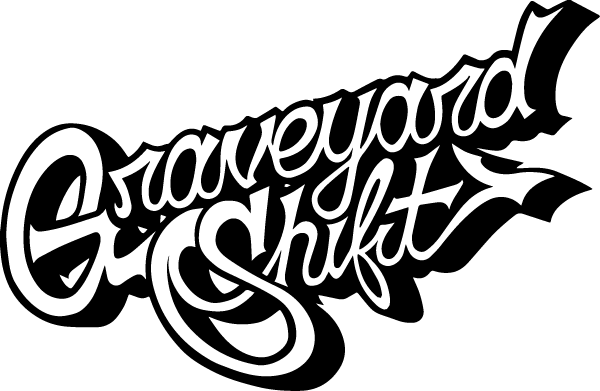Shein Supply Chain Controversy: Child Labor Found in Fashion Retailer
The world of fast fashion has been rocked by shocking revelations about Shein, one of its leading names. Investigative reports have uncovered the use of child labor within the supply chain of this global fashion giant, raising ethical and moral concerns amongst consumers and industry stakeholders alike. The transparency and sustainability of the fashion industry have been thrust into the spotlight once again.
The Unveiling of Unethical Practices
Shein, known for its ultra-low prices and trendy clothes, has been accused of exploiting young laborers in its supply chain. An in-depth investigation by The Guardian has brought to light that Shein's manufacturing partners are employing minors for labor-intensive tasks. This disclosure has understandably resulted in widespread outrage and calls for immediate reforms.
The Details of the Findings
The Guardian's investigation has revealed:
- Children as young as 11 years old working long hours in harsh conditions.
- Minimal safety measures, exposing young workers to dangerous environments.
- Extremely low wages, far below the legal minimum in many countries where Shein operates.
These reports indicate gross violations of child labor laws and have highlighted the broader issues inherent within fast fashion supply chains.
The Ethical Conundrum for Consumers and Businesses
As the spotlight shines on Shein, the ethical dilemma for both consumers and businesses becomes more pronounced. The desire for affordable, trendy clothing often conflicts with a commitment to ethical buying practices. The dilemma raises critical questions: How can consumers balance their fashion choices with their moral values? How can businesses ensure ethical practices throughout their supply chains?
Consumers today are more conscious about the sources of their purchases and the ethics behind them. The Shein controversy has added urgency to the conversation about labor practices, pushing for **greater transparency** and **ethical compliance**.
Shein’s Response to Accusations
In response to these accusations, Shein has released a statement expressing serious concern about the findings. The company has pledged to:
- Conduct an immediate internal investigation into its supply chain practices.
- Work closely with third-party auditors to ensure compliance with international child labor laws.
- Implement stricter oversight mechanisms to prevent future occurrences.
While these measures are a step in the right direction, many believe that they fall short of a comprehensive solution to the deep-rooted issues in fast fashion supply chains.
A Call to Action: Consumer Responsibility
Consumers hold significant power in driving change within the fashion industry. By making **informed choices**, they can influence companies to adopt more ethical practices. Here are a few actions consumers can take:
- **Educate themselves** about the brands they support and their supply chain practices.
- **Support ethical brands** that prioritize fair labor practices and sustainability.
- **Demand transparency** from fashion retailers about their production processes.
- **Promote second-hand shopping** as a sustainable alternative to fast fashion.
Moral choices, when collectively made, can lead to a significant shift towards more humane labor practices in the industry.
Industry-Wide Solutions: Moving Beyond Shein
The issue of child labor is not unique to Shein; it is a pervasive problem within the fast fashion industry. Therefore, addressing this issue requires industry-wide reforms and collaborative efforts. Some proposed solutions include:
Stricter Regulations and Enforcement
Governments and international bodies need to implement **stricter regulations** and ensure rigorous enforcement to eliminate child labor in supply chains. This may involve:
- **Imposing heavy penalties** on companies found violating labor laws.
- **Mandating regular audits** to ensure compliance with ethical standards.
- **Facilitating cross-border cooperation** to address the global nature of supply chains.
Industry Collaboration
Industry stakeholders—including brands, suppliers, and NGOs—must collaborate to create a **sustainable and fair labor ecosystem**. This can be achieved by:
- **Establishing common ethical standards**, such as fair wages and safe working conditions.
- **Sharing best practices** and success stories to encourage broad adoption of ethical practices.
- **Investing in worker education** and skill development to empower laborers.
Conclusion: The Road Ahead
The Shein supply chain controversy has put a much-needed spotlight on the dark underbelly of the fast fashion industry. While the revelations are disturbing, they offer an opportunity for profound change. By holding companies accountable, advocating for stricter regulations, and making informed consumer choices, we can drive the fashion industry towards a more ethical and sustainable future.
It's essential that we view this controversy not just as an isolated incident but as a catalyst for ongoing dialogue and action towards eliminating child labor and ensuring humane working conditions worldwide. The road to ethical fashion is long, but with collective effort and unwavering commitment, it is a journey worth embarking on.

